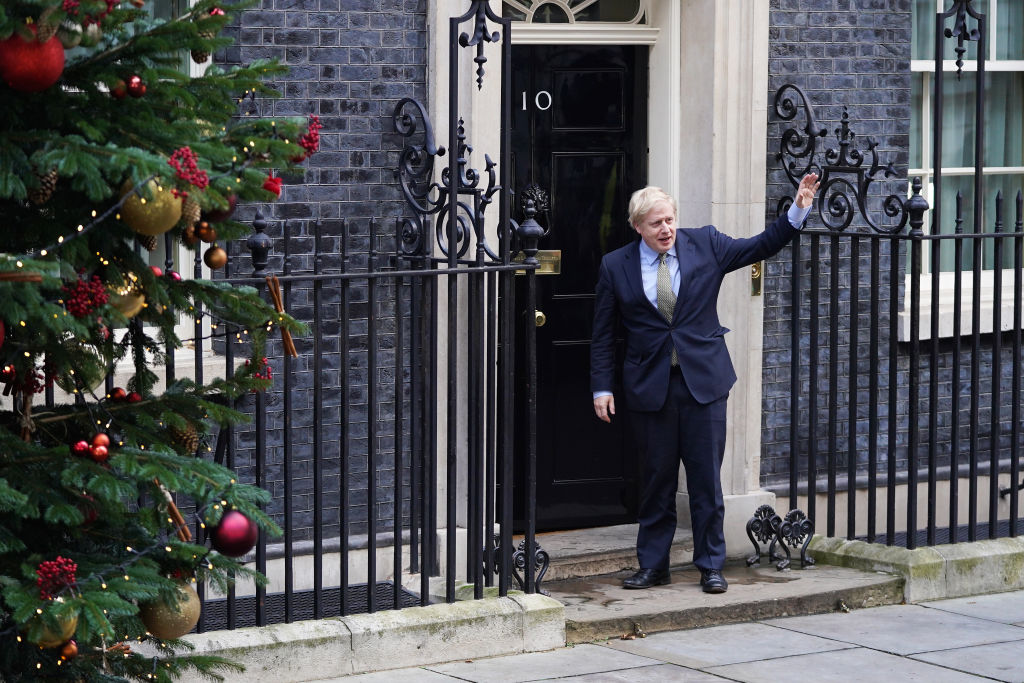In all the thousands of column inches written about Boris Johnson in the past few months, perhaps the most common critique has been that he has no principles. The line is that he’s an opportunist, who having been the liberal mayor of London, became a populist nationalist in service of his own career goals. “He doesn’t believe in anything but himself,” is the refrain.
But in the face of this historic election victory, it seems that that very weakness – that Protean adaptability — has really been his greatest strength; and in an important sense it mirrors the strength of this extraordinarily adaptable country.
When the country feels so divided that one half cannot understand the other, only a hologrammatic character like Boris Johnson stands any chance of bringing it together. The fact that he can say one thing which sounds like three different things to three different people, while frustrating for political columnists, is a necessary requirement to be successful, as he put it this morning, from “Woking to Workington, Kensington to Clywd south, Surrey Heath to Sedgefield, Wimbledon to Wolverhampton.”
The man who famously wrote two columns about Brexit to make his mind up, one in favour and one against, now has to hold two ideas of Britain in his mind and try to bring them into a productive new settlement: the liberal, progressive, Britain of young people and the cities that he himself epitomises, and the more conservative Britain of the towns and countryside, that make up the majority of his voters.
The Conservative manifesto was modest and uninspiring, but certain gestures showed that he understands the potential ground for this new settlement: tilting left on economics so as to protect people from the ravages of the globalised market, pushing back against the libertarian instincts of some of his colleagues — see commitments to intervene to support industry, raise the minimum wage, protect the high street; but tilting right on culture — controlling immigration, fostering and celebrating our national character and traditions.
The astonishing fact this morning is that, while all across Europe countries have large and growing populist parties, in some cases nasty ones, the UK has once again extinguished its populist movements by absorbing them. The Brexit Party won only 2% of the vote yesterday. The Conservative Party, arguably the most successful political party in world history in technical terms, chose a shapeshifting leader and has once again adapted to a new version of itself. What matters now is that that change really happens.











Join the discussion
Join like minded readers that support our journalism by becoming a paid subscriber
To join the discussion in the comments, become a paid subscriber.
Join like minded readers that support our journalism, read unlimited articles and enjoy other subscriber-only benefits.
Subscribe